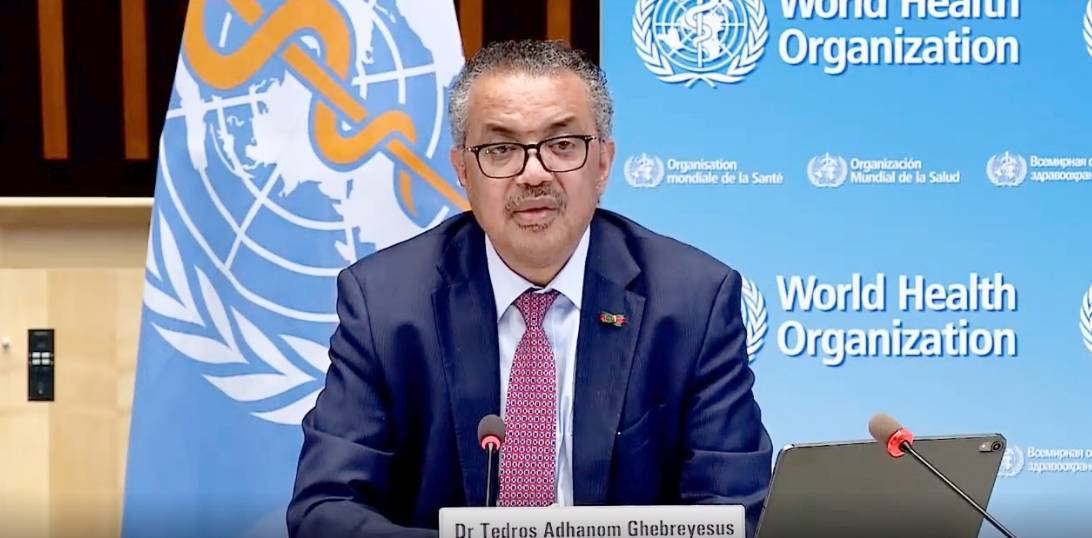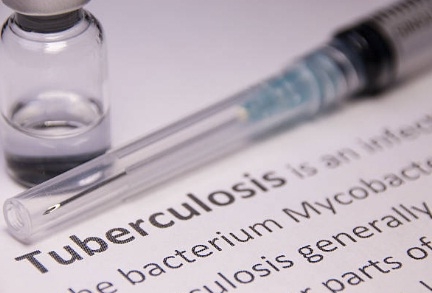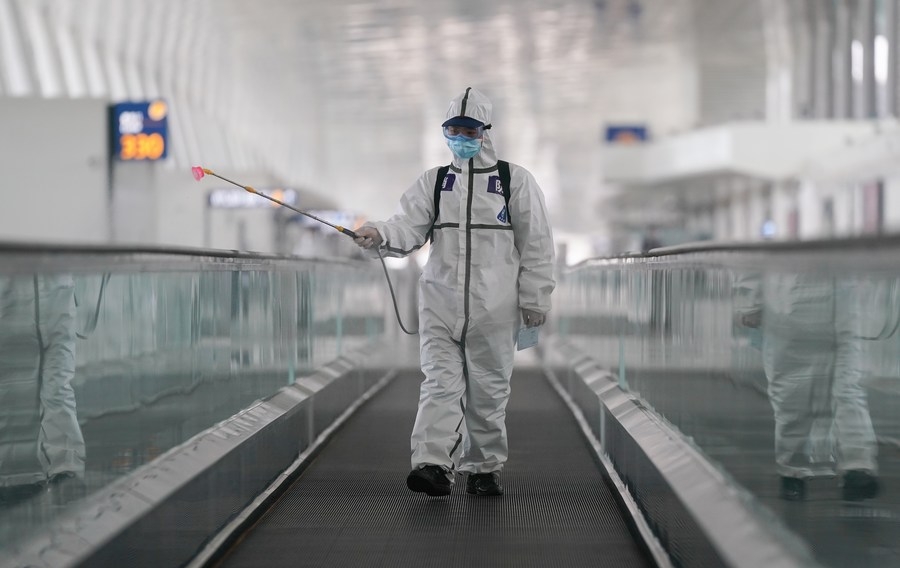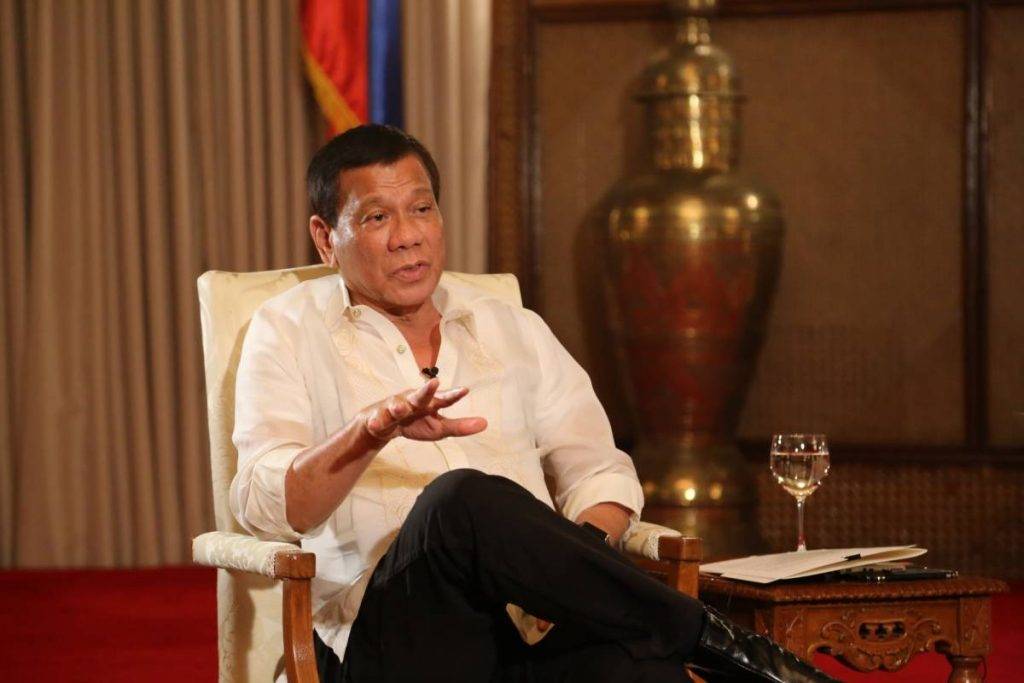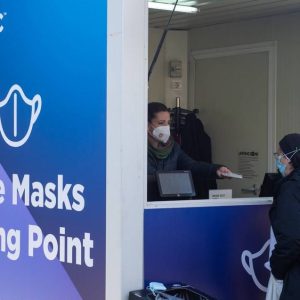Thedemand comes as, last week, the US, Canada and Switzerland laid out plans to begin coronavirus vaccine shots for adolescents….reports Asian Lite News
Rich nations must delay their plans to vaccinate their children and teenagers against Covid-19 and instead donate the jabs to low-income countries, the World Health Organization (WHO) said.
“In a handful of rich countries, which bought up the majority of the vaccine supply, lower risk groups are now being vaccinated,” WHO director-general Dr Tedros Adhanom Ghebreyesus told reporters at a virtual conference in Geneva on Friday.
“I understand why some countries want to vaccinate their children and adolescents, but right now I urge them to reconsider and to instead donate vaccines to Covax,” Ghebreyesus said.
The statement comes as, last week, the US, Canada and Switzerland laid out plans to begin coronavirus vaccine shots for adolescents.
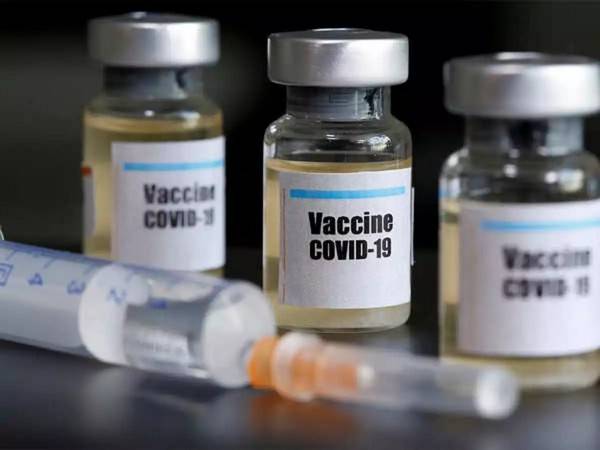
The global distribution of Covid vaccines remains vastly uneven. Four of the world’s high-income countries, with a population of 1.2 billion (16 per cent of global population), account for 4.6 billion doses (53 per cent of all purchased doses). On the other hand, the low-income countries hold just 770 million doses, according to a study from the Duke Global Health Innovation Centre. The US is expected to have 300 million or more coronavirus vaccine excess doses by the end of July, the study found.
The US, followed by China and India have administered the highest number of vaccine doses overall. But, a few countries in Africa are yet to get started on vaccination campaigns.
ALSO READ: Indian variant: WHO warns against hasty conclusions
“The fact that so many are still not protected is a sad reflection on the gross distortion in access to vaccines across the globe,” Ghebreyesus said. At present, only 0.3 per cent of vaccine supply is going to low-income countries. Thus, many low and lower-middle income countries do not have vaccine supply to even immunise health and care workers, he lamented.
“Trickle down vaccination is not an effective strategy for fighting a deadly respiratory virus,” he said.
The global fair-access schemeACovax is co-led by the WHO, the Global Vaccine Alliance (Gavi) and the Coalition for Epidemic Preparedness Innovations (Cepi), with the UN children’s fund, Unicef, as key implementation partner, has been signed by 92 of the world’s poor countries.
The scheme aimed to first inoculate 20 per cent of the population in these countries starting with health workers.
“Saving lives and livelihoods with a combination of public health measures and vaccination — not one or the other — is the only way out of the pandemic,” Ghebreyesus said.
“Covid-19 has already cost more than 3.3 million lives and we’re on track for the second year of this pandemic to be far more deadly than the first,” he stated.
ALSO READ: The brave hearts who stand up during crisis


